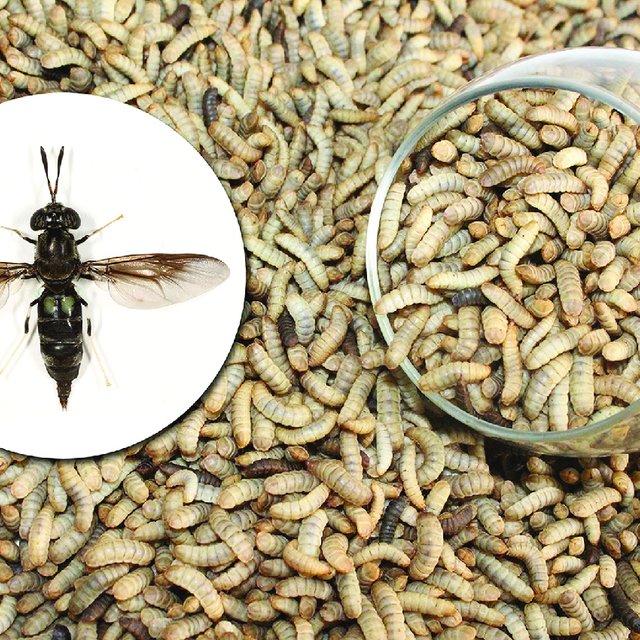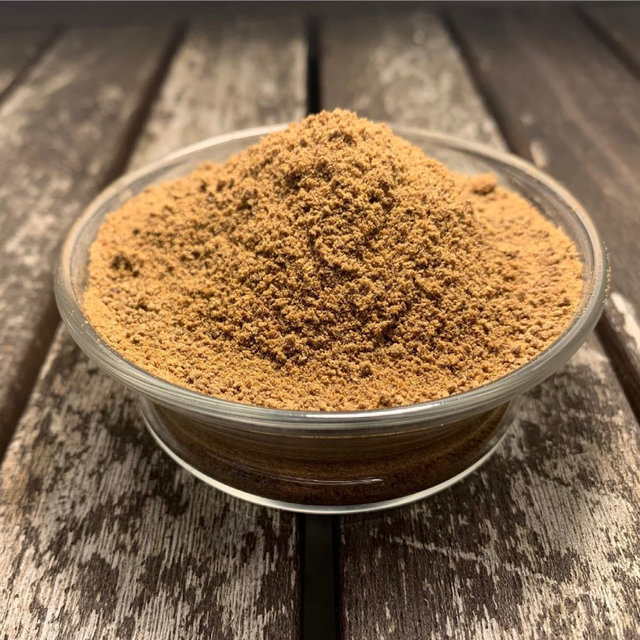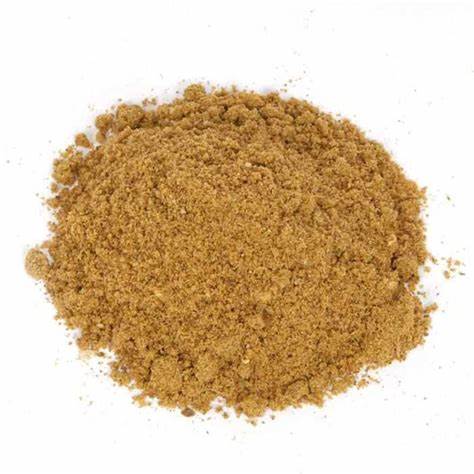
From waste to wonder
Protein is an essential macronutrient for human health, but the conventional sources of animal and plant proteins have significant environmental and ethical impacts. Animal proteins, such as meat, dairy, and eggs, require large amounts of land, water, and feed, and contribute to greenhouse gas emissions, deforestation, and animal welfare issues. Plant proteins, such as soy, wheat, and peas, are more sustainable, but may have lower bioavailability, digestibility, and amino acid balance than animal proteins. Moreover, some people may have allergies or intolerances to certain plant proteins.
In this context, insect proteins have emerged as a promising alternative that can offer high-quality protein with low environmental footprint and high social acceptance in some regions of the world. Among the various edible insects, the black soldier fly (BSF) is particularly attractive for its ability to convert organic waste into valuable biomass, reducing waste management costs and greenhouse gas emissions. The BSF larvae, which are the edible stage of the insect, can be harvested and processed into various forms, such as whole, dried, ground, or extracted protein.


Nutritional Benefits of BSF Larvae Protein
BSF larvae protein has a similar amino acid profile to fishmeal, which is considered a high-quality protein source for humans and animals. BSF larvae protein contains all the essential amino acids, with high levels of lysine, methionine, and threonine, which are often limiting in plant proteins. BSF larvae protein also has a high digestibility, ranging from 77% to 98%, depending on the processing method.
In addition to protein, BSF larvae also provide other beneficial nutrients, such as fats, minerals, and vitamins. BSF larvae fat is rich in medium-chain fatty acids, which have antimicrobial and anti-inflammatory properties, and may improve gut health and metabolic health. BSF larvae are also a good source of calcium, iron, zinc, and magnesium, which are important for bone, blood, immune, and muscle health. Furthermore, BSF larvae contain chitin, a type of fiber that can modulate the gut microbiota and enhance the production of short-chain fatty acids, which have anti-inflammatory and anticancer effects.


Potential Health Effects of BSF Larvae Protein
Several studies have investigated the potential health effects of BSF larvae protein in humans and animals, and have reported promising results. For example, a study in healthy adults found that BSF larvae protein isolate had a similar satiating effect as whey protein isolate, and reduced the postprandial glucose and insulin responses. Another study in overweight adults found that BSF larvae protein isolate increased the thermic effect of food and the resting energy expenditure, compared to casein protein isolate. These findings suggest that BSF larvae protein may have beneficial effects on appetite regulation and energy metabolism, and may help prevent or treat obesity and diabetes.
BSF larvae protein may also have other health effects, such as antioxidant, antihypertensive, and antidiabetic activities. A computational study identified several bioactive peptides that could be released from BSF larvae protein after gastrointestinal digestion, and predicted their potential to inhibit oxidative stress, inflammation, and enzyme activities related to blood pressure and blood glucose regulation. However, these effects need to be confirmed by experimental studies in vitro and in vivo.


Challenges and Opportunities for BSF Larvae Protein as Human Food
Despite the nutritional and health benefits of BSF larvae protein, there are still some challenges and opportunities for its use as human food. One of the main challenges is the consumer acceptance, especially in Western countries, where insects are not part of the traditional cuisine and may evoke negative emotions, such as disgust, fear, or aversion. To overcome this barrier, some strategies may include: educating consumers about the environmental and health benefits of insect consumption, developing appealing and familiar products, such as burgers, sausages, or pasta, using BSF larvae protein as an ingredient, and involving chefs, celebrities, and influencers to promote insect-based dishes.
Another challenge is the safety and quality of BSF larvae protein, which may depend on the rearing and processing conditions of the insects. For example, the feed composition, temperature, humidity, and hygiene of the rearing environment may affect the nutritional composition, microbial contamination, and presence of toxins or allergens in the BSF larvae. Therefore, it is important to establish and follow good practices for insect farming and processing, and to comply with the relevant regulations and standards for food safety and quality.


On the other hand, there are also many opportunities for BSF larvae protein as human food, such as: creating new markets and income sources for insect farmers and processors, especially in developing countries, where insects are more accepted and available, developing novel and functional foods, such as protein bars, shakes, or supplements, using BSF larvae protein as a value-added ingredient, and exploring the potential of BSF larvae protein for specific populations or conditions, such as athletes, elderly, or malnourished people, who may benefit from its high-quality protein and other nutrients.
BSF larvae protein is a sustainable and nutritious protein source for humans, with potential health benefits for appetite, metabolism, and other physiological functions. However, there are still some challenges and opportunities for its use as human food, such as consumer acceptance, safety and quality, and product development.
